-

by Kasey Peters
[Catrileo] is interested in impurity as political potentiality
Chilco – Daniela Catrileo
[Catrileo] is interested in impurity as political potentiality
-
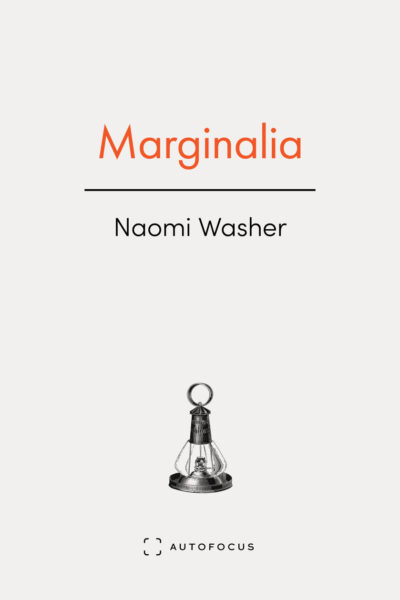
by Jeff Alessandrelli
By its very nature the avant garde is unknowable
Marginalia – Naomi Washer
By its very nature the avant garde is unknowable
-

by Nicole Schrag
SUPERSAURIO celebrates the potential of online forms of writing for subversive joy
Supersaurio – Meryem El Mehdati
SUPERSAURIO celebrates the potential of online forms of writing for subversive joy
-

by Noah Berlatsky
Who keeps us safe all those nights? We do, by the stories we tell and the stories we cut apart, with chainsaws and with hearts.
Hearts, Chainsaws, and Poetry: On Elizabeth R. McClellan’s “Is My Chainsaw a Heart: 13 Centos”
Who keeps us safe all those nights? We do, by the stories we tell and the stories we cut apart, with chainsaws and with hearts.
-

by Kasey Peters
[Catrileo] is interested in impurity as political potentiality
Chilco – Daniela Catrileo
[Catrileo] is interested in impurity as political potentiality
-

by Jeff Alessandrelli
By its very nature the avant garde is unknowable
Marginalia – Naomi Washer
By its very nature the avant garde is unknowable
-

by Nicole Schrag
SUPERSAURIO celebrates the potential of online forms of writing for subversive joy
Supersaurio – Meryem El Mehdati
SUPERSAURIO celebrates the potential of online forms of writing for subversive joy
-
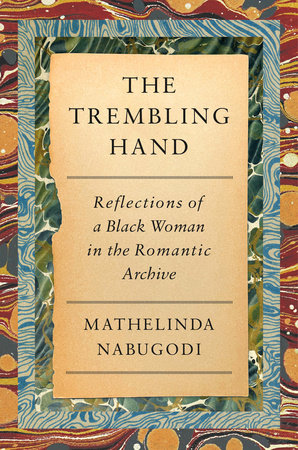
by Holly Coleman
Nabugodi resists both melodrama and academic neutrality. Her approach is closer to a physics of feeling
The Trembling Hand – Mathelinda Nabugodi
Nabugodi resists both melodrama and academic neutrality. Her approach is closer to a physics of feeling
-
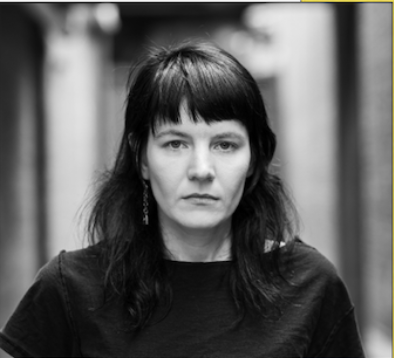
w/ Ava Sharahy
What does it mean to have a fake novel? What does it mean to have a novel that’s thinking, aware of itself as a novel, and thinking about
Arielle Burgdorf
What does it mean to have a fake novel? What does it mean to have a novel that’s thinking, aware of itself as a novel, and thinking about
-

w/ Katie Bennett
While facing a totally unknown new phase of my life, I had a feeling that I should push making music. I didn’t know what would happen and I didn’t have many songs written, but I wanted to try.
Chelsea Hodson
While facing a totally unknown new phase of my life, I had a feeling that I should push making music. I didn’t know what would happen and I didn’t have many songs written, but I wanted to try.
-

w/ Alia Spartz
In painted portraits you can see the hand of the painter, the gestures, the point of view. All portraits are in a way self-portraits too. I wanted that to happen with this book as well.
Jazmina Barrera
In painted portraits you can see the hand of the painter, the gestures, the point of view. All portraits are in a way self-portraits too. I wanted that to happen with this book as well.
-
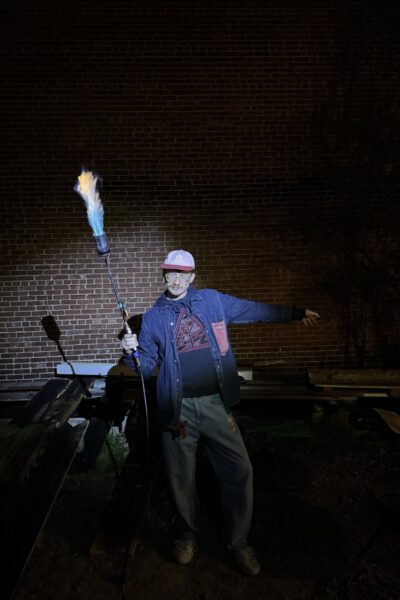
w/ Alex Tretbar
I wanted to focus on language alone and its sheer force, uncontained by formal, philosophical, and empirical systems and thought.
Thom Eichelberger-Young
I wanted to focus on language alone and its sheer force, uncontained by formal, philosophical, and empirical systems and thought.
-

by Noah Berlatsky
Who keeps us safe all those nights? We do, by the stories we tell and the stories we cut apart, with chainsaws and with hearts.
Hearts, Chainsaws, and Poetry: On Elizabeth R. McClellan’s “Is My Chainsaw a Heart: 13 Centos”
Who keeps us safe all those nights? We do, by the stories we tell and the stories we cut apart, with chainsaws and with hearts.
-
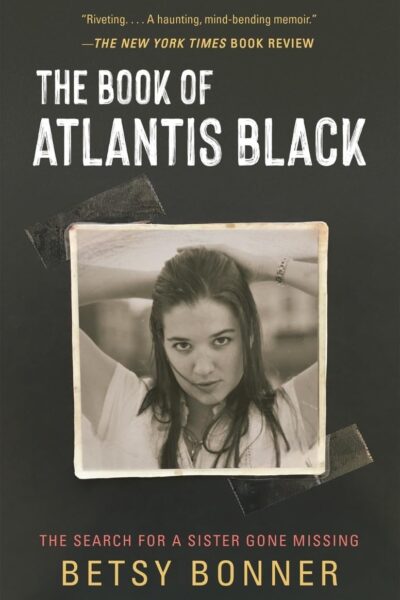
by Amber Wheeler Bacon
In both memoirs, evidence serves less to solve a crime than to reconstruct a self—both the dead family member and the writer grappling with their loss.
Resurrecting the Dead in Confessional True Crime Memoirs
In both memoirs, evidence serves less to solve a crime than to reconstruct a self—both the dead family member and the writer grappling with their loss.
-
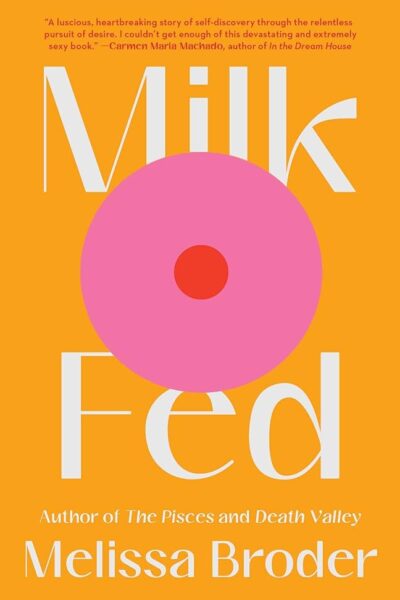
by Erin Evans
For a while . . . I thought that no one should write about eating disorders at all because there was no way to do so without somehow glamorizing them.
Boring Starvation: On Finding the Eating Disorder Book I Needed
For a while . . . I thought that no one should write about eating disorders at all because there was no way to do so without somehow glamorizing them.
-

by John Wall Barger
It would be tempting, if you were a theoretical physicist working on the first atomic bomb, to imagine yourself as a demiurge. To frame the process as spiritual longing for God’s wrath . . .
Original Child Bomb Threnody
It would be tempting, if you were a theoretical physicist working on the first atomic bomb, to imagine yourself as a demiurge. To frame the process as spiritual longing for God’s wrath . . .
-

by Michael Schapira
The following playlist is humbly submitted for your listening pleasure from Full Stop, your full service literary journal. In
20 4 420: Irie Edition
The following playlist is humbly submitted for your listening pleasure from Full Stop, your full service literary journal. In
-
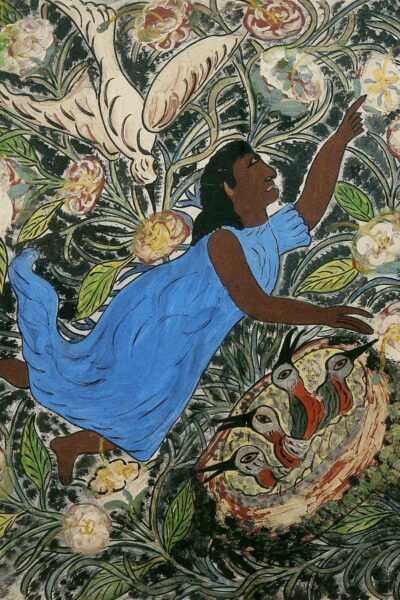
by The Editors
This special issue of the FULL STOP QUARTERLY will aim to hold folklore as a prism through which to view connection, the self, and the future. . . . It will explore folklore in and as literature, as process, and as performance.
Call for Pitches
This special issue of the FULL STOP QUARTERLY will aim to hold folklore as a prism through which to view connection, the self, and the future. . . . It will explore folklore in and as literature, as process, and as performance.
-
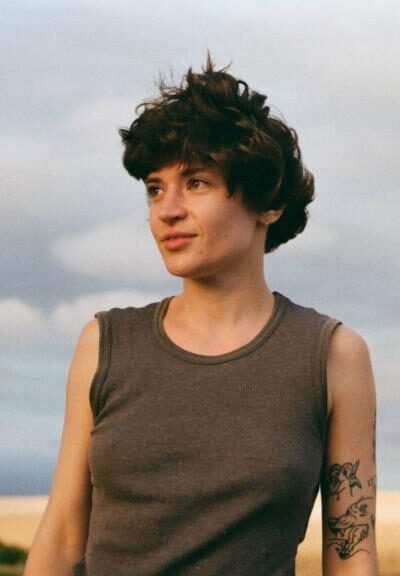
by The Editors
In times like ours, times of fracture, depravity and upheaval—times which are really not that different than any other time on earth, except for the speed and scale at which violence is exercised—what is the value of art?
Call for Pitches
In times like ours, times of fracture, depravity and upheaval—times which are really not that different than any other time on earth, except for the speed and scale at which violence is exercised—what is the value of art?
-

by Michelle Chan Schmidt
Read the introduction to our latest issue of the Full Stop Quarterly, “Literary Dis(-)appearances in (Post)colonial Cities.”
Dis(-)appearing Cities or: How I Learned to Stop Walking and Love the Empire
Read the introduction to our latest issue of the Full Stop Quarterly, “Literary Dis(-)appearances in (Post)colonial Cities.”

